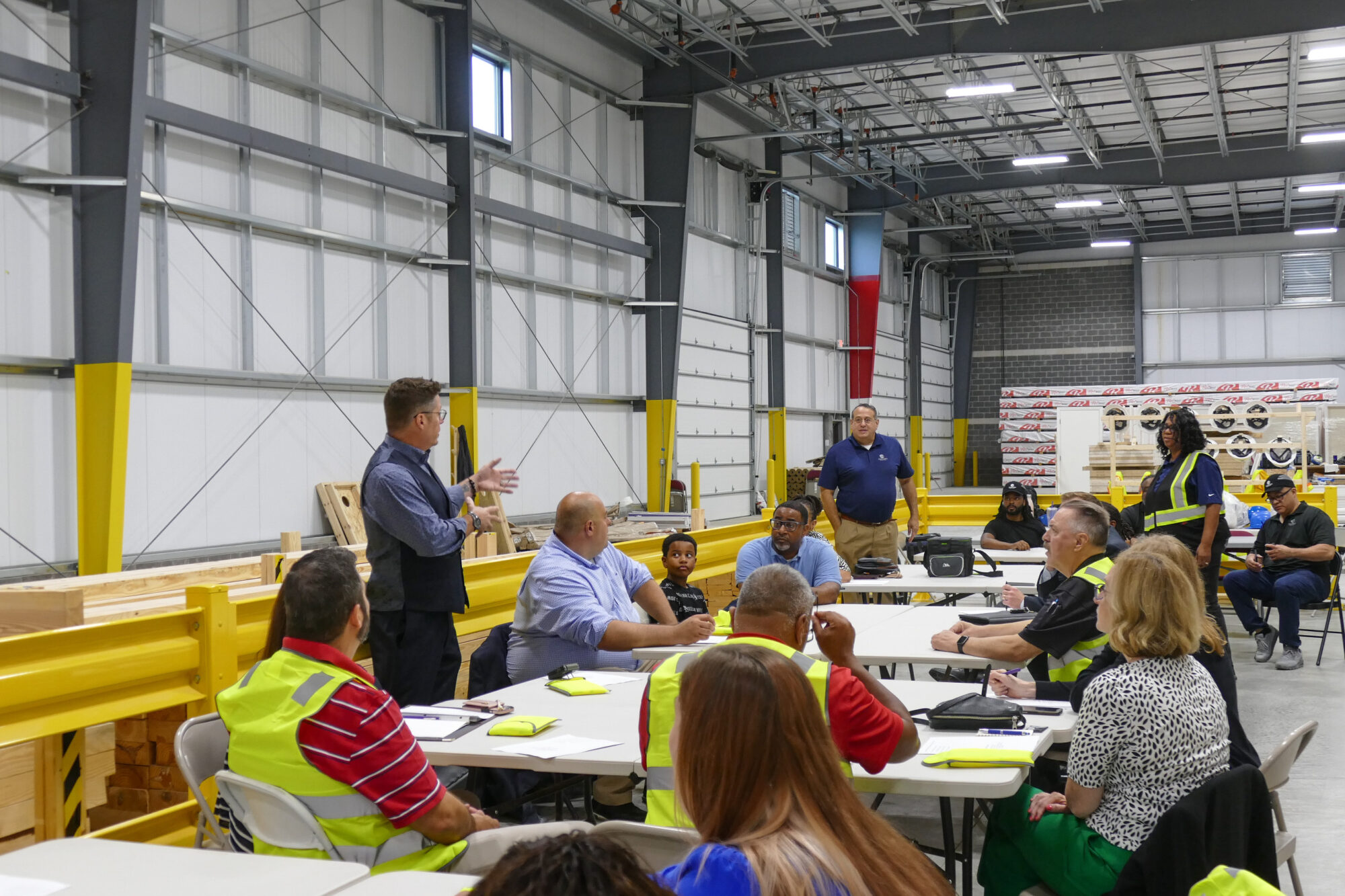In 2020, small businesses in Tecumseh, Michigan, like many across the nation, struggled to stay afloat due to the pandemic.
The city responded by organizing a fundraiser, selling t-shirts by a local printer with the message “I support Tecumseh.” The effort raised $30,000, which was distributed to local businesses, providing much-needed financial support. This sort of creative effort, which demonstrates how much local governments can support economic growth, is at the heart of the eCities project launched in 2007 by iLabs at the University of Michigan-Dearborn’s College of Business. The project blends data analytics with valuable feedback from municipalities to highlight successful communities each year and share insights that equip all Michigan communities with tools to develop thriving business environments.
eCities goes beyond the broad data analysis at the census block, county and metropolitan statistical area levels by directly engaging with Michigan’s diverse municipalities. Often lacking tools for effective self-analysis, communities benefit from eCities’ blend of data analytics and community-driven insights.
“Our goal is to help local governments learn from each other’s successes. It is not about taking businesses from other communities, but rather generating ideas to grow business development within their communities. A rising tide lifts all ships.“
“Our goal is to help local governments learn from each other’s successes,” said Timothy Davis, assistant dean of the College of Business. “It is not about taking businesses from other communities, but rather generating ideas to grow business development within their communities. A rising tide lifts all ships.”
Each year, the eCities project begins by distributing an opt-in online survey with open-ended questions to local governments across Michigan. A panel of alumni and business professionals then evaluates the responses. Their expertise allows them to identify initiatives with the most impact and promise.
Engaging students as paid interns is a cornerstone of the program. Interns collect, verify and analyze publicly available data such as property values, taxes and governmental assets. This hands-on experience connects students with local governments and small businesses, building essential skills while educating them on the important role small businesses play in Michigan’s economy. For recent graduate Neha Gour, the experience as an eCities student intern laid the foundation for her career.


“Working on the eCities project was a meaningful and confidence-building experience,” Gour said. “It was the first time I applied my academic learning to a real-world setting, which helped me see the direct impact of research and data in community decision-making.”
Using the survey responses, the panel selects the year’s “honored communities” based on their innovative approaches. The program compiles its findings into an annual report, which enables communities to benchmark their efforts against Michigan’s other 276 communities. A press release and trophy highlights these “honored communities,” providing recognition that local governments can share publicly. These efforts often attract new participants the following year, further expanding the program’s reach.
“It’s always exciting when we reach the part of the project where we identify the honored communities,” said Kari Kowalski, assistant Director of iLabs “Because these communities are so different, the efforts vary widely. Some communities continuously stand out to the reviewers, but there is always someone new bringing communities together. Whether it’s a local business donating branded T-shirts, hosting a local festival or transforming streets on a summer evening into pedestrian-friendly zones for restaurants and games, these initiatives engage the community in unique ways. Some of these efforts will grow into regional or state success stories.”


In 2024, eCities recognized Romulus, alongside Mt. Pleasant, Sault Ste. Marie, Tecumseh and Battle Creek, as “honored communities,” This recognition underscores the leadership of Romulus Mayor Robert McCraight. “We are constantly looking for additional ways to continue to improve and grow,” McCraight said. His vision to embrace technology to better serve his community and enhance business growth has placed Romulus among those with four- and five-star designations for fostering business-friendly, high-performing environments.
“Whether you are a small business just opening your doors or a large national-scale corporation, our office prides itself on its ability to tell the story of our residents, vision and community,” said Jessica Hobbs, Romulus Community Development Office. “Technology and technical assistance allow us to tell that story even better and further, resulting in both digital and in-person interactions that foster a strong relationship between day-to-day business and year-after-year traditions and connections.”


Looking ahead, Kowalski is focused on evolving eCities to meet local governments’ changing needs. Over the next few years, she plans to refine data collection methods and analytics. However, her primary focus remains on the stories that communities tell, with an aim to improve community involvement through the narratives they share.
“We’re a public university with a campus that has always prided itself on maintaining a strong connection to the community,” Davis said. “Teaching is our core mission, and we aim to help local governments understand what works well. We’re here as a resource for Michigan and its local communities, ready to assist as best we can. Our goal is to help communities build environments that businesses want to feel a part of.”
This research is supported by the iLabs Fund at U-M Dearborn.
Learn more: https://giving.umich.edu/um/w/um-dearborn-ilabs-center-for-business-and-enterprise-research-309950
